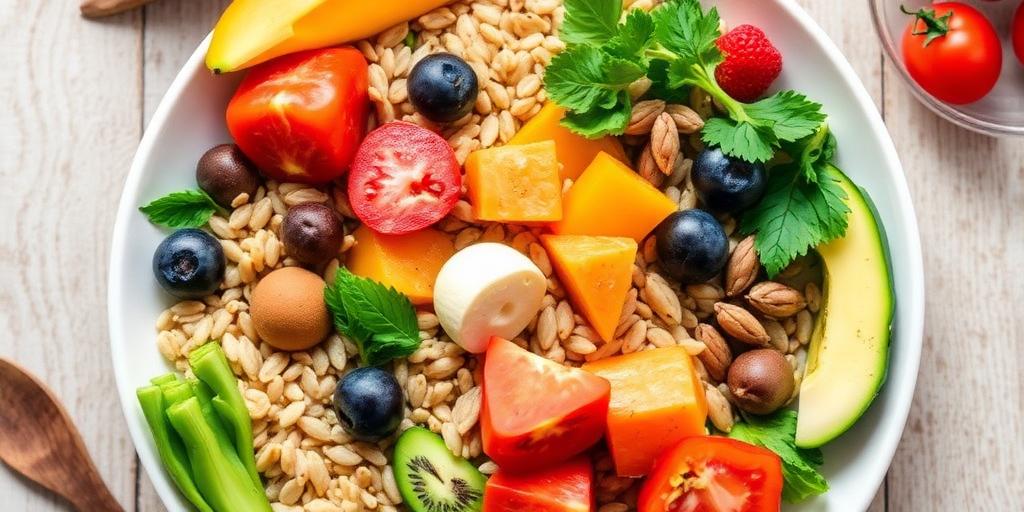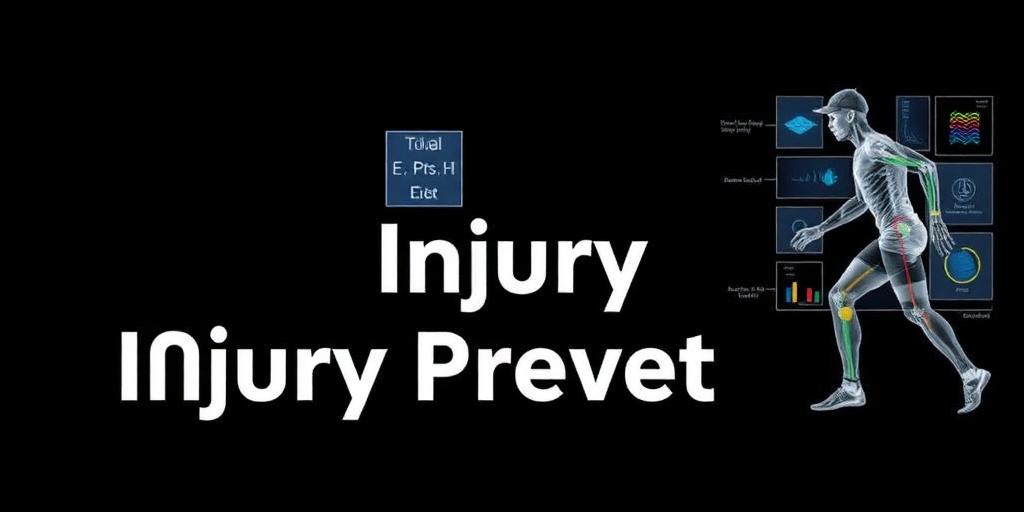Gluten-Free Nutrition: More Than Just a Trend?
The gluten-free diet has surged in popularity in recent years, but what started as a necessity for individuals with celiac disease and gluten sensitivity has evolved into a lifestyle choice for many. This article explores the nutritional aspects of a gluten-free diet, examining its benefits, potential drawbacks, and whether it's truly a healthier option for everyone.
What is Gluten and Why Avoid It?
Gluten is a protein found in wheat, barley, and rye. It gives dough its elasticity and chewy texture. For individuals with celiac disease, consuming gluten triggers an autoimmune response that damages the small intestine, leading to malabsorption of nutrients. Others may experience non-celiac gluten sensitivity (NCGS), with symptoms like bloating, fatigue, and headaches after consuming gluten.
The Potential Benefits of a Gluten-Free Diet
For those with celiac disease or NCGS, a gluten-free diet is essential for managing their health. Benefits include:
- Reduced Symptoms: Eliminating gluten alleviates digestive discomfort, skin rashes, and neurological issues associated with gluten intolerance.
- Improved Nutrient Absorption: Healing of the small intestine in celiac patients allows for better absorption of vital nutrients.
- Increased Energy Levels: Many individuals report feeling more energetic and less fatigued after adopting a gluten-free diet.
Potential Drawbacks and Nutritional Considerations
While a gluten-free diet can be beneficial, it's not without potential drawbacks, especially if not carefully planned:
- Nutrient Deficiencies: Gluten-free products are often lower in fiber, iron, and B vitamins compared to their gluten-containing counterparts. It's crucial to obtain these nutrients from other sources like fruits, vegetables, and gluten-free whole grains.
- Increased Sugar and Fat: To improve taste and texture, many gluten-free processed foods are higher in sugar, fat, and sodium. This can contribute to weight gain and other health problems.
- Cost: Gluten-free products can be more expensive than regular alternatives.
Making Informed Choices
If you suspect you have celiac disease or gluten sensitivity, consult a healthcare professional for proper diagnosis and guidance. If a gluten-free diet is necessary, focus on naturally gluten-free foods like fruits, vegetables, lean proteins, and gluten-free grains such as quinoa, rice, and oats (ensure they are certified gluten-free to avoid cross-contamination).
Is a Gluten-Free Diet Right for You?
For individuals with celiac disease or NCGS, a gluten-free diet is a medical necessity that can significantly improve their quality of life. However, for those without these conditions, there's no strong evidence to suggest that a gluten-free diet offers additional health benefits. In fact, it may lead to nutrient deficiencies and other health problems if not carefully managed. Before making any drastic dietary changes, it's always best to consult with a healthcare professional or registered dietitian to determine what's right for your individual needs.
Beyond the Trend: A Balanced Approach
Ultimately, a healthy diet is about balance, variety, and moderation. Whether you choose to follow a gluten-free diet or not, prioritize whole, unprocessed foods and ensure you're meeting your nutritional needs. Focus on making informed choices based on your individual health requirements and always consult with a healthcare professional for personalized guidance.









